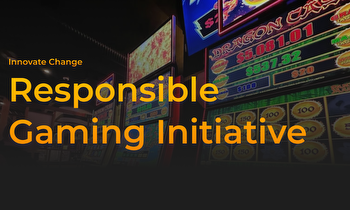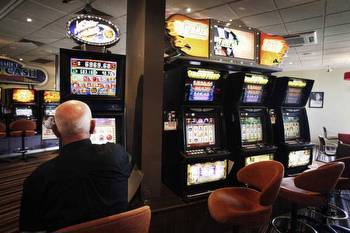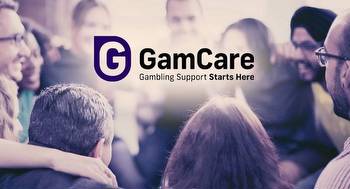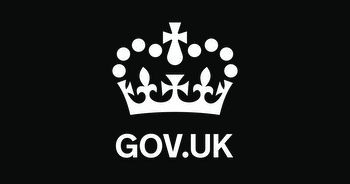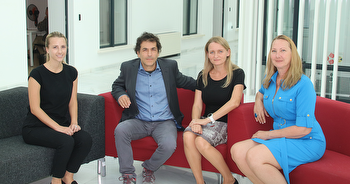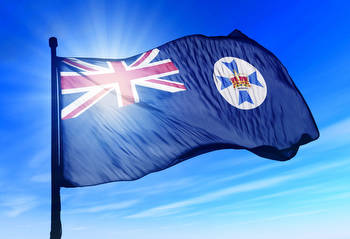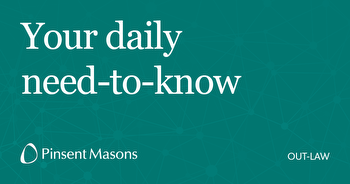Queensland launches collaborative gambling harm minimisation plan

Released during the state’s Gambling Awareness Week (RGAW) 2021, the plan outlines the shared roles and responsibilities for the government, industry and community to reduce gambling-related harm in Queensland.
Running from 2021 until 2025, the plan aims to ensure the industry delivers safer products and services, as well as empower, protect and support consumers, and ensure the state has in place an effective and trusted regulatory system.
The plan estimates that 70% of people in Queensland gamble and while the majority play recreationally, 0.5% of adults in the state are classed as problem gamblers.
Lottery is regarded as the most popular form of gambling with 54.9% of gamblers taking part and while only 24.9% of consumers played electronic gaming machines (EGMs), over 70% of gamblers said these devices were problematic.
“We all have a role to play in supporting Queenslanders to gamble safely,” Attorney-General and Minister for Justice, Minister for Women and Minister for the Prevention of Domestic and Family Violence, Shannon Fentiman, said.
“There is no doubt that gambling is a complex social issue that not only impacts the gambler themself, but their family, workplace and the wider community. The harm can also have a ripple effect across all aspects of life – with relationships, mental health and finances falling victim.
“With a growing number of interstate and international gambling operators providing online services; digital technology and advertising exposing Queenslanders to gambling at a very young age – we need to make sure Queenslanders have the support they need to seek help and recognise the signs of problem gambling.”
In terms of achieving its core aims, the plan will be based around four main strategic pillars: leadership and culture, technology and environment, public health approach and regulatory framework.
First, leadership and culture will focus on creating a strong mandate, encouraging leadership and grass roots level engagement, as well as building capability of governance structures to better understand and address gambling harm, taking a harm prevention and precautionary approach to product and environment, and ensuring consumers can make informed choices.
For the technology and environment pillar, the plan will seek to understand how emerging technologies can support the market, designing in protection measures for consumers in all areas of the market, understanding and responding to online emerging markets, as well as transition to safe cashless environments and knowledge sharing among contributors.
In terms of public health approach, this will look at better understanding gambling harm to inform policy interventions, improving cross-sectoral linkages, develop interventions that address specific needs of ‘at risk’ communities, partake in coordinated approaches to prevention and awareness initiatives and implement best practice gambling help and self-help support models.
For regulatory framework, this will include strengthening harm minimisation controls, taking both a local and national approach to regulation, engaging stakeholders in the design, implementation and evaluation of programs, building a more complete data picture and evidence base, and increasing transparency in decision-making and policy development.
“We need to broaden our focus beyond ‘the problem gambler’ and focus our attention on preventing harm before it occurs by identifying those ‘at risk’, and intervening early” Commissioner for Liquor and Gaming Victoria Thomson said.
“There will be a shift from ‘responsible gambling’ to a ‘safer gambling’ framework that recognises there are safe levels of gambling activity and ways for industry to provide safer gambling environments.
“We will only be able to achieve this through a collaborative and coordinated effort – creating safer gambling environments, that also include partnerships across sectors, venues and Gambling Help service providers.
“Significant work has already been done to prevent and minimise gambling-related harm in Queensland, but I also know that by shifting focus, acknowledging new trends and technologies and working as a team we can go so much further to protect people.”











